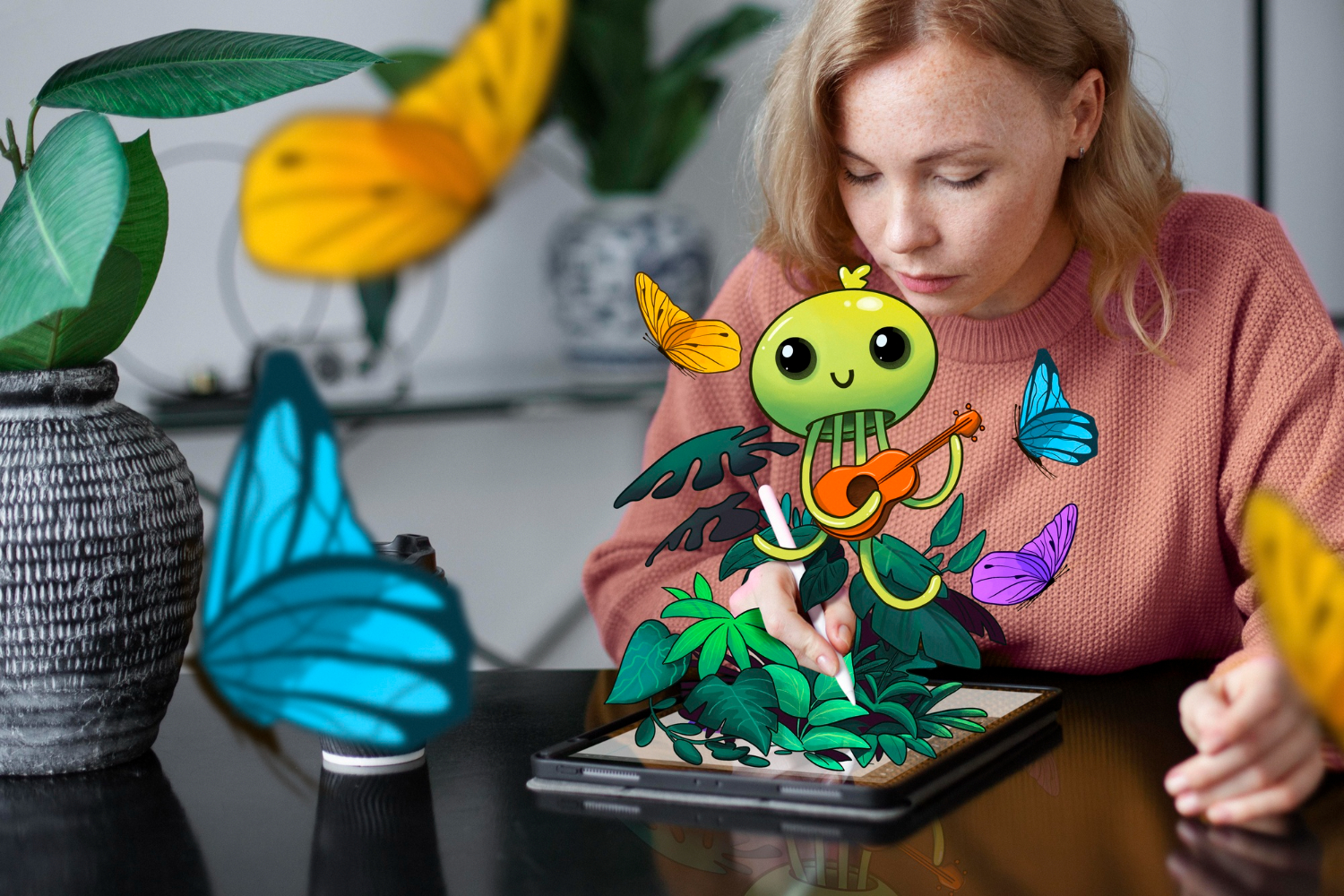
The Impact of Reality TV on Pop Culture and Celebrity Status
Reality television has profoundly disrupted the entertainment industry. Over the years, it has emerged as a viewer favourite and a major player in trendsetting, fashion, and even fame. Reality TV has never been more embedded in culture by 2025; it was undoubtedly ruthless. These shows do more than amuse. They influence how we think, speak, and live.
Reality shows have made many everyday folk superstars. From singers to fashion icons, we’ve witnessed plenty of stars born from reality shows rise to fame. They accumulate millions of fans, land brand deals, and, in some cases, even go on to have acting or music careers.
But it’s not just about fame. Reality television’s impact is societal and profound. These shows shape our perceptions of relationships, success, and being “real.” In this blog, we’ll examine how reality TV is shaping pop culture, how it creates new celebrities, and how it impacts society in large and small ways.
Since the late 20th century burst onto the scene, reality TV has transitioned from niche curiosity to mainstream juggernaut. Shows like “Big Brother,” “The X Factor,” and “Keeping Up with the Kardashians” have entranced viewers across the globe, forever altering the cultural tapestry. We’re here to discuss the profound significance of reality television on our cultural landscape and the stars it seeds, alongside its ripple effects on society.
Often dismissed as trifling entertainment, reality TV wields a hefty influence. It mirrors our societal norms, shaping and sometimes shattering expectations. As we dive deeper, we’ll uncover the intricate threads of reality TV’s sway over pop culture and the celebrity ideal.
Influence of Reality TV on Pop Culture
Reality TV’s Cultural Ripple
Reality TV serves as a powerful cultural catalyst, sparking new trends and norms. It births fashion styles and catchphrases that leap from screens into everyday conversations. With the rise of reality personalities, personal branding has blossomed as many emulate the self-promotional flair of their beloved stars.
Moreover, reality TV democratises fame, transforming ordinary folks into household names. This shift reshapes our view of celebrity, making it feel more attainable and relatable. Reality TV sparks public discourse through its lens, daring to bring once-taboo topics into the light.
From Reality Shows to Stardom
Reality TV has cranked out countless stars who now reign over pop culture. Trailblazers like Kim Kardashian, Simon Cowell, and Susan Boyle owe their shine to this genre, transcending their initial fame to become cultural titans. They ripple through the fabric of fashion, music, and entertainment.
The rise of reality stars illustrates how this genre crafts lasting celebrity status, enabling a deeper connection with fans via social media. This bond amplifies their cultural influence, creating a veritable galaxy of stars intertwined with audience engagement.
Societal Effects of Reality Television
While reality TV dazzles, it carries notable societal implications that deserve scrutiny. A key impact is its role in shaping societal values and expectations. By presenting exaggerated portrayals of life, reality TV often spawns unrealistic aspirations within viewers.
Critics surface concerns about how the genre can perpetuate stereotypes and undesirable behaviours. Drama-fueled shows can skew perceptions of acceptable social norms. Yet, reality TV also sheds light on vital issues like mental health and diversity, paving the way for positive societal change.
Additional Tips & Common Pitfalls to Avoid
Helpful Practices for Engaging with Reality TV

To fully appreciate the impact of reality TV, viewers should don their critical thinking caps. By balancing entertainment value with an awareness of its manufactured nature, one can enrich the viewing experience. It’s crucial to discern the difference between the show’s interpretive lens and the actual world, avoiding disillusionment.
Aspirants hoping to break into reality TV should delve into the industry. Crafting a personal brand that reflects your authentic self while navigating the complexities of fame is essential. Be prepared for the watchful eyes that accompany public scrutiny.
Common Misunderstandings about Reality TV
Many mistakenly believe reality TV is entirely unscripted. While it features real people in real situations, producers often nudge narratives towards higher drama. Recognising this crafting process allows for a more discerning lens when consuming content.
Another myth is that reality stars lack depth or talent. In reality, many possess unique skills that fuel their success. Acknowledging the diverse talents within this genre can lead to a richer, more nuanced appreciation of its figures.
Advanced Insights
The Evolution of Reality TV and Its Future Trajectory
Reality TV has undergone a remarkable evolution, adapting to emerging technologies and audience cravings. Streaming platforms have broadened their reach, offering rich content tailored to niche interests. This landscape assures us that reality TV will continue to play a dynamic role in our culture.
Experts foresee a surge toward authenticity and relatability, bidding adieu to sensationalism. As viewers crave genuine connections, shows that celebrate personal growth and uplifting narratives are poised to flourish. This transformation could inspire a wave of positive societal impact, nurturing empathy and understanding.
Industry Perspectives on Reality TV’s Influence
Industry insiders recognise reality TV as a mirror and a moulder of cultural trends. It provides a platform for a chorus of diverse voices, crafting a more inclusive entertainment ecosystem. However, there’s a pressing need for ethical storytelling, steering clear of harmful clichés and stereotypes.
As reality TV continues to shape pop culture, professionals advocate for a harmonious blend of entertainment and social accountability. By prioritising significant narratives, reality TV can contribute positively to cultural discussions and societal advancement.
From Screen to Stardom: How Reality TV Shapes Our World

Reality TV has transcended the light-hearted and seasonally time-consuming. From the clothing we wear to the lingo we spew, the ways reality TV influences culture are innumerable. These series have become powerful trendsetters and influencers of opinion for all generations. Today’s most prominent names got their start on reality shows. Stars crafted on reality shows tend to bond with fans intimately, lending their ascent to fame a sense of relatable. The stories about how they went from unknown to famous inspire millions and suggest that anyone could be next.
But the impact of reality TV on society isn’t all fun and games. These shows influence perceptions of success, relationships and even beauty standards. They mirror aspects of life but also frequently erode the boundary between entertainment and actual life. As reality TV expands, we must watch with open eyes. Consider what it tells us, how it shapes us and why we enjoy it so much. Whether you love it or criticise it, there’s no denying reality TV is here to stay, and its impact on pop culture is massive.


